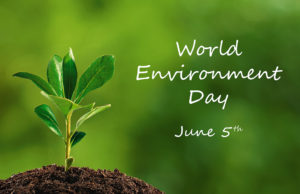 Today is World Environment Day. Established by the United Nations Environment Program and the World Meteorological Association in 1972, it’s celebrated annually on June 5th.
Today is World Environment Day. Established by the United Nations Environment Program and the World Meteorological Association in 1972, it’s celebrated annually on June 5th.
To mark the day falling on a Sunday this year, Uniting Justice Australia prepared a resource pack tied into the Lectionary readings for use in today’s services. Here’s an edited version of a story, written by Rev. Eseta Waqabaca-Meneilly, from these resources:
60-year-old Lionola in Tuvalu is packing her woven coconut basket with items she will take with her to the new place. She will have to learn to call this new place ‘home’. What will this new home be like, she wonders. She hasn’t even been to this other island, also in the South Pacific. All she knows is that it’s called Koro, a place that doesn’t have the rising seawater problems that her islands have.
She neatly folds in some clothes and items she will need. So many things she can’t take with her – flowers and food from her garden which are now saltwater-ridden and will not grow well anywhere; her beautiful pride of Tuvalu handcrafted mats, fans and shell necklaces that she had painstakingly learnt to weave and thread from her mother and grandmother as she was growing up. She may not be able to recreate these in her new `home’. The pandanus leaves will be wrong, the stain, the texture. All wrong. Lionola starts to cry into her handkerchief.
The plane will be here tomorrow to take her and some relatives to Koro. There is no hope. She suddenly brightens up and wipes away tears. There is hope! She reaches to the bottom of her basket and pulls out two books, a Bible and a hymn book, both written in the Tuvalu language. Her hope is in these books. It is called God.
One of the Lectionary readings today comes from the Hebrew scripture found in 1 Kings 17:8-24. Set against the backdrop of drought and famine, it tells the story of a widow who is about to prepare what she thinks will be the last meal she and her son will eat. Into this desperate place comes the prophet, Elijah, who asks her to share this last precious meal with him. A big ask! When our resources are depleted and we’re running on reserve, we are tempted to clutch what we have to ourselves and harden ours hearts towards others, to turn our compassion down to zero.
This is why the story from Tuvalu moves me – I think of myself as being concerned about climate change. I’ve attended protest events, waved a placard! I worry about what kind of world my grandchildren will inherit. But I’m not really under threat, living as I do in Melbourne; at least, not a threat that I can see. I’m not going to lose my home, my country. Unlike Lionola.
The sobering reality is that the threat is very real to people not that far away from me and I have barely given them a thought.
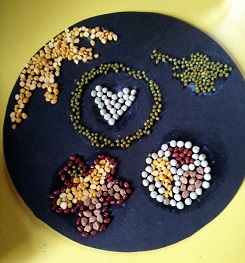
Mandala created by Abi, Tylden Uniting Church, World Environment Day, 2016
Rev Dr Ji Zhang is quoted in the Uniting Justice Australia resources:
Climate Change, if we look closely and honestly, is about suffering. It is a modern doctrine of suffering written in environmental language and supported by scientific evidence. This suffering has a myriad of appearances. What the climate crisis teaches us is something about ourselves. Climate change is not just an environmental crisis, but also a crisis of humanity. Its essence is brokenness …
Taking action on climate change is a way of making a public confession, but also an invocation for God’s life to transform us into hope.
I like this idea of action including confession and invocation in respect to climate change. Confession helps me stare into the abyss and come face to face with what ought not to be. Invocation or prayer, especially contemplative prayer, brings me back to hope: that the universe is teeming with the life-giving energy of an all-loving God, all is not lost. Thanks be to God!

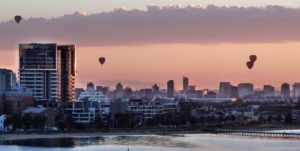
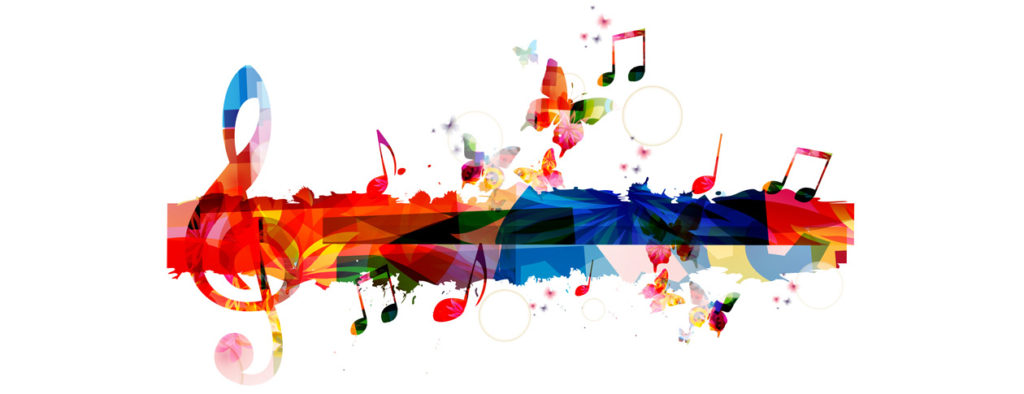


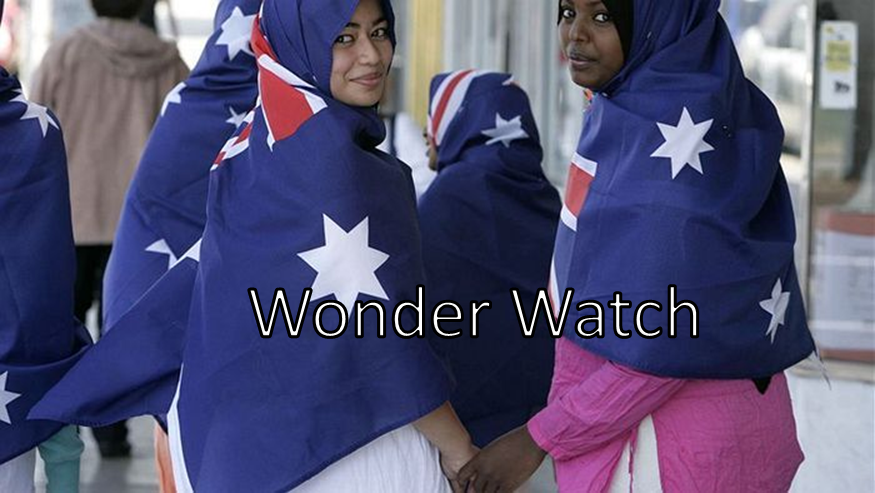
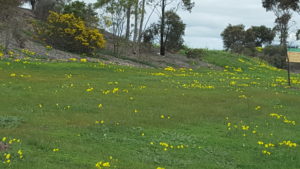
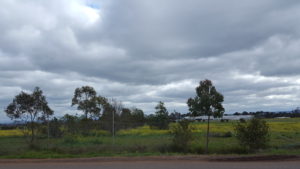
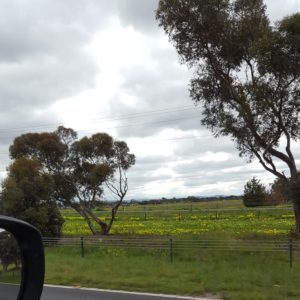
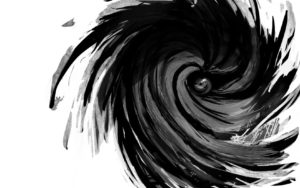
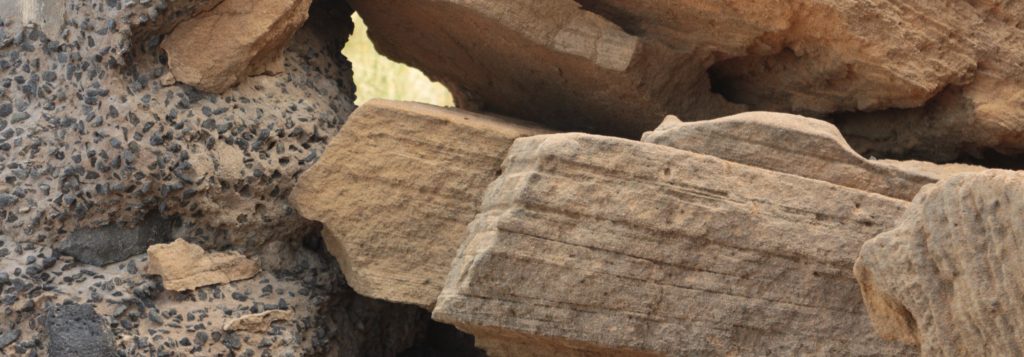
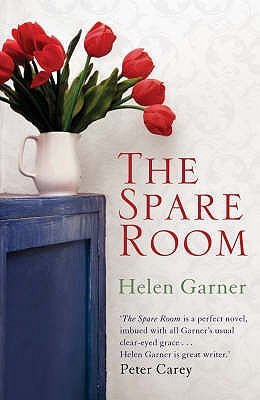
 Today is World Environment Day. Established by the United Nations Environment Program and the World Meteorological Association in 1972, it’s celebrated annually on June 5th.
Today is World Environment Day. Established by the United Nations Environment Program and the World Meteorological Association in 1972, it’s celebrated annually on June 5th.